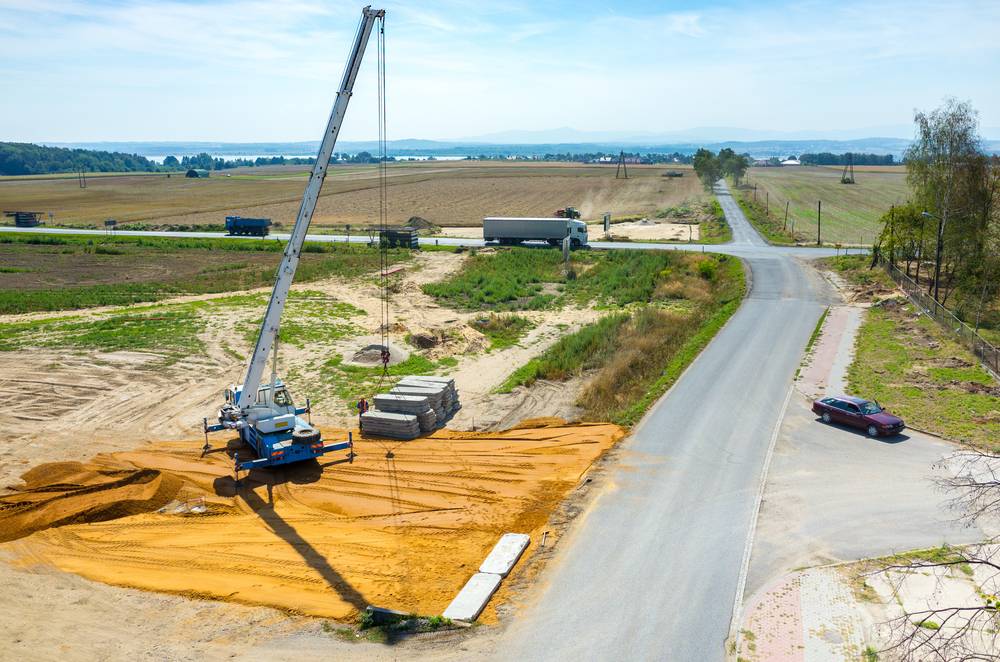 Last updated: November 15th, 2024 2:17 PM
Last updated: November 15th, 2024 2:17 PM
Land Conversion in Karnataka
Lands that have been declared as agricultural cannot be utilized for residential, commercial or industrial purposes; except on conversion of the same into non-agricultural land. The process of converting agricultural land into a non-agricultural land is called land conversion, or in other words, DC Conversion; the latter name being enforced as the conversion is generally endorsed by a Deputy Commissioner. The procedure for land conversion varies from State to State in India, as it comes under the jurisdiction of the State Governments. In this article, we look at the procedure for conversion of land in Karnataka.Land Conversion Procedure
The land conversion takes place by applying to the commissioner of the land revenue department. The application should be inclusive of a statement which conveys the purpose of conversion. Moreover, the application should consist of details about the extent of land, names of the present and former owners, type of soil and crops nurtured in the land, mortgages, and the likes of it. The applicant can access these details from the revenue office or from the Tahsildar. Note: The applicant should file the application along with the applicable fee, which varies from district to district.Forms for Land Conversion
Application for Land Reform Tenanted Lands should be filed in Form 1, whereas the application for Patta lands must be submitted in Form 21. The applicant should file the application to the respective Tashildar’s office.Documents Required for Land Conversion
The following documents should support the application:- ID proof of Khata certificate
- Mutation letter
- Original sale deed or gift partition deed
- Property Title Deed
- No Objection Certificate (NOC) of the village accountant
- Latest receipt of tax deposit
- Certified survey map
- Records of Rights and Tenancy Certificate (RTC)
- Certified copy of the Land Tribunal Order
- Certified copy of Form 10 that certifies the rights of occupancy
- Zonal certificate from Urban Development Authority
- Photocopy of the atlas of the land
- Photocopy of the revenue survey map of the village
Approval for Land Conversion
The authorization to permit the conversion of land is CDP vested with the Deputy Commissioner or the Collector. The authorities will consent to the conversion if the application meets the specified conditions, and the property is devoid of any outstanding dues or litigation. The authorities will then issue the conversion order and a certificate declaring the conversion. Note: The land proposed to be converted must match the specifications of CDP, which means that the land should be convertible under the development plan.Comprehensive Development Plan
The Comprehensive Development Plan (CDP), also known as the Master Plan, is a depiction of vast geographic areas and indicates the areas in the State that prompts conversion under this provision. The responsibilities of developing the plan are of the State Town Planning Authority. The development of the master plan is pivotal to the extent that the Deputy Commissioner uses it as a source for conversion.No Scope for Diversion on Purpose
After land conversion, the purpose of conversion cannot diverge. For example, a land converted for residential purposes is not for commercial purpose and vice versa.Responsibility of the Buyer
The buyer of any property needs to thoroughly verify all the documents of the land so that the procurer does not end up purchasing land which hasn’t been approved. However, the property owners in the city of Bangalore should have a Khata certificate, which consists of an assessment that specifies the property taxes to be remitted by the current owner of the property. The certificate also acts as proof of ownership.Consequences of Non-Compliance
Any infringement of the rule by constructing a property in the residential land could qualify for demolition. Moreover, the landowner will have to face the penalties.Popular Post

In the digital age, the convenience of accessing important documents online has become a necessity...

The Atalji Janasnehi Kendra Project that has been launched by the Government of Karnataka...

The Indian Divorce Act governs divorce among the Christian couples in India. Divorce...

When an individual has more than a single PAN card, it may lead to that person being heavily penalised, or worse,...

Employees Provident Fund (PF) is social security and savings scheme for employee in India. Employers engaged...


